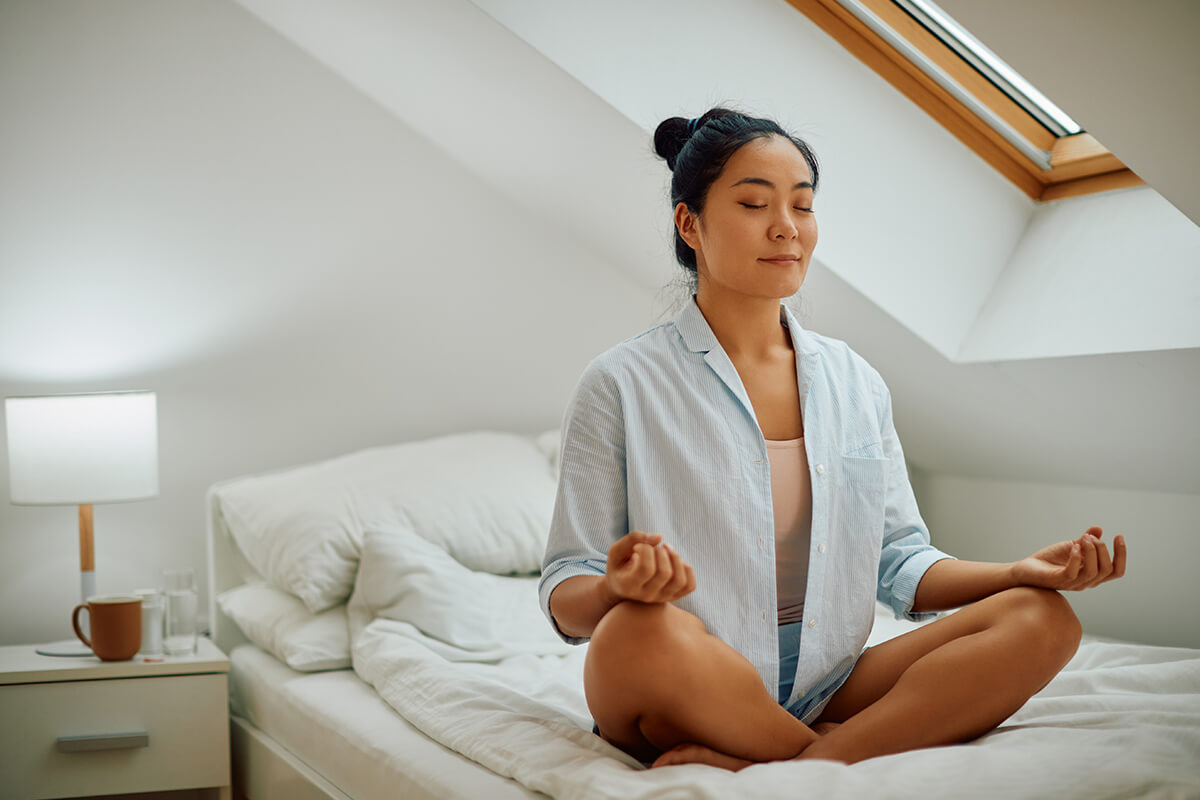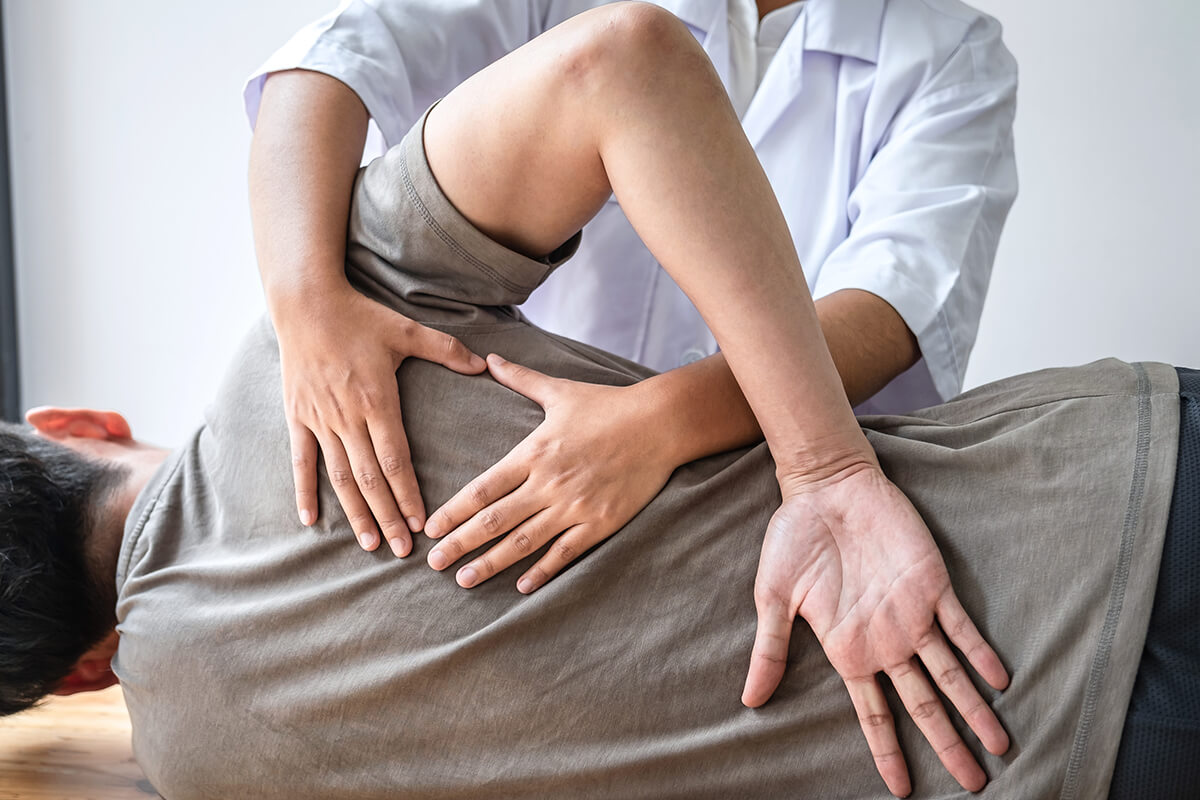
Waking up with stiff joints and aching muscles is a familiar and frustrating experience for many. That first move out of bed can feel like a chore, setting a challenging tone for the entire day. This morning stiffness, often caused by decreased circulation and fluid accumulation in our joints overnight, doesn’t have to be your daily reality. Fortunately, physiotherapy offers a safe and effective pathway to a more comfortable morning.
Why Your Joints Feel Stiff in the Morning—and What Physiotherapy Says About It
Morning stiffness is more than just a temporary ache; it’s a physical state that can be understood and managed through targeted movement. From a physiotherapist’s point of view, this stiffness isn’t just in your head—it’s a tangible result of inactivity. While you sleep, the lubricating synovial fluid in your joints circulates less, and muscles can shorten, leading to that tight, rigid feeling upon waking. This is particularly pronounced in inflammatory conditions where swelling can accumulate overnight.

Pre-Wake-Up-Strategies-In-Bed-Physiotherapy
Pre-Wake Up Strategies: In-Bed Physiotherapy
Before you even think about getting out of bed, you can begin to prepare your body for the day. These gentle movements are designed to slowly wake up your joints and muscles, encouraging circulation and easing you out of a static state. Avoiding sudden, jarring movements is key to preventing further discomfort. These exercises are meant to be performed slowly and with awareness.
- Breathing Exercises
Begin your morning by lying on your back with one hand on your chest and the other on your belly. Breathe in deeply through your nose, letting your belly rise, then exhale slowly through your mouth as your belly falls. This simple diaphragmatic breathing technique, also known as belly breathing, calms the nervous system and improves oxygen flow to your tissues. Making this a part of your routine helps your body feel more relaxed and better prepared for the day ahead.
- Gentle Joint Mobilizations
These exercises are designed to gently wake up each joint in a controlled manner. Ankle pumps, where you point and flex your feet, help move fluid and prepare the ankles for bearing weight. Another simple movement is the knee bend, where you slowly slide your heel toward your buttocks, then back down. This action reintroduces motion to the knee and hip joints. To prepare your upper body, try small, controlled arm and shoulder circles. These movements, performed in a deliberate and gentle way, are the first step to shaking off the morning rigidity.
- Light Static Stretches
After mobilizing the joints, a few light static stretches can lengthen muscles that may have tightened overnight. A gentle hamstring stretch can be done by simply bringing one knee toward your chest. This simple action begins to lengthen the muscles in the back of your leg. For the glutes, a figure-4 stretch is effective if comfortable; you can cross one ankle over the opposite knee and gently pull the bottom leg toward your chest. These stretches should be held for about 15-20 seconds to be effective.
Post-Wake Up Strategies: Out-of-Bed Physiotherapy
Once you are out of bed, your body is ready for slightly more dynamic movements that will further improve flexibility and strength. These exercises build on the in-bed mobilizations to get your blood flowing and your muscles ready for daily activities. Performing these movements near a wall or sturdy furniture provides safety and support. These exercises are not about intense exertion but about purposeful movement to restore function.
- Standing Mobilizations
Using a wall for support, you can perform partial wall squats to gently engage your leg muscles without straining your joints. Simply lean against a wall with your feet shoulder-width apart and slide down slightly, then back up. To loosen up your calves, place your hands on the wall and step one foot back, pressing the heel into the floor. This simple stretch is a great way to improve your range of motion. Another effective movement is a gentle leg swing; hold onto a chair or wall and swing one leg forward and back, then side to side.
- Dynamic Stretching
Dynamic stretches use controlled movement to prepare the muscles for activity. Unlike static stretches, which are held in a fixed position, these movements are continuous. Larger arm circles, both forward and backward, help to warm up the shoulder joint and improve its range of motion. A controlled torso twist, where you gently rotate your trunk from side to side, is an excellent way to mobilize the spine and core muscles. You can also perform a modified Cat-Cow stretch while standing by placing your hands on your thighs and gently arching and rounding your back.
- Light Strengthening
These are not heavy lifting exercises; they are about activating key muscle groups. Glute bridges are an excellent way to activate the glutes and core muscles. Lie on your back with your knees bent and feet flat on the floor, then lift your hips toward the ceiling. This simple action helps to engage your posterior chain. Modified wall push-ups are another great way to activate your chest and shoulder muscles. Stand facing a wall, place your hands on it, and gently push your body away and back.
Lifestyle Considerations for Long-Term Relief
Managing morning stiffness isn’t just about what you do in the first few minutes of the day. It is a holistic approach that includes daily habits. These small adjustments can have a huge impact on your overall joint health and comfort.
- Hydration
Drinking water is crucial for all bodily functions, including joint health. Synovial fluid, the lubricant for your joints, is largely composed of water. Proper hydration helps ensure this fluid is plentiful, reducing friction and stiffness in your joints.
- Sleep Hygiene
The quality of your sleep environment can significantly impact how you feel in the morning. Ensure your mattress provides adequate support and your pillow aligns your neck and spine. The right sleep posture can prevent muscles from becoming tight and shortened overnight, which is a major contributor to morning stiffness.
- Heat Therapy
Applying heat can be a simple and effective way to ease stiffness. A warm shower or bath in the morning can relax your muscles and increase blood flow to your joints. You can also use a heat pack on specific areas that are particularly sore. This can be done before or after your exercises to enhance their effectiveness.

Find-Your-Solution-with-Physiotherapy-in-Yonge-and-Eglinton
Find Your Solution with Physiotherapy in Yonge and Eglinton
Are you tired of feeling achy and stiff every morning? It’s time to take control of your well-being with a personalized approach. At Davisville Yonge Clinics, our team of physiotherapists addresses musculoskeletal issues to help you move freely and without pain. Call us today at (416) 481-6100 to schedule a consultation and begin your physiotherapy in Yonge and Eglinton.